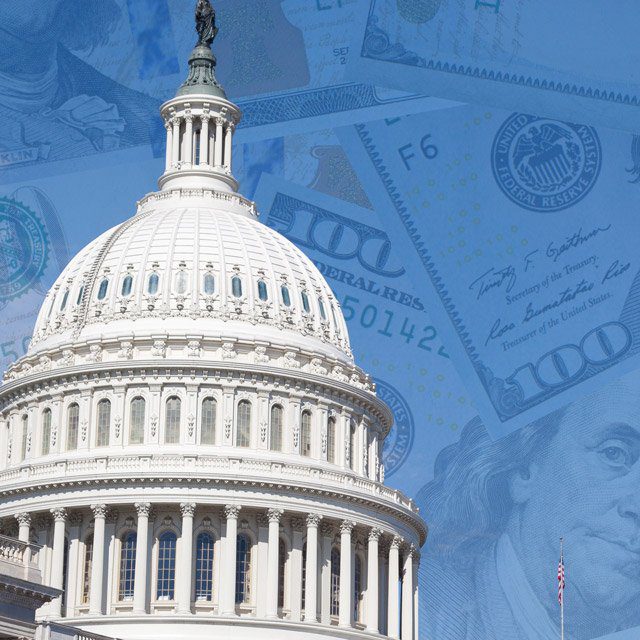U.S. Averts Government Shutdown as House Passes Short-Term Funding Bill

The U.S. government narrowly averted a midnight shutdown of most federal agencies when the House passed a short-term spending bill hours before the deadline.
The stopgap bill, which the Senate passed Thursday, passed 230 to 201 and now heads to President Joe Biden’s desk for his signature.
But Republican opposition in the House forecasts potential turmoil when the legislation expires Dec. 16, especially if the GOP wins control of one or both chambers in the November midterms.
Republicans said they had no role in crafting the measure and wanted a stopgap bill that extended into next year instead. Forecasts favor Republicans taking the majority in the House in January and a longer stopgap would have given the party more say in any final 2023 spending decisions.
Republicans want to cut funding for Internal Revenue Service tax audits and to provide more money for immigration enforcement.
“They did not ask for any new money for border patrol agents to address this Biden-created crisis on the southern border,” said Oklahoma Republican Tom Cole in a floor speech opposing the bill.
Democrats said the GOP opposition reflects a cavalier attitude toward government shutdowns that led to the longest closure of the federal government in history in 2018 and 2019 when President Donald Trump and the GOP tried to use a 35-day shutdown to force Democrats to accept border wall funding.
“We think it is unacceptable to ever shut the government down,” Massachusetts Democrat Jim McGovern said.
What’s in Stopgap Bill
The stopgap bill provides $12 billion to help Ukraine defend against Russia’s invasion, $2 billion for domestic disaster relief, $2.5 billion for New Mexico wildfires and $1 billion in home heating assistance.




